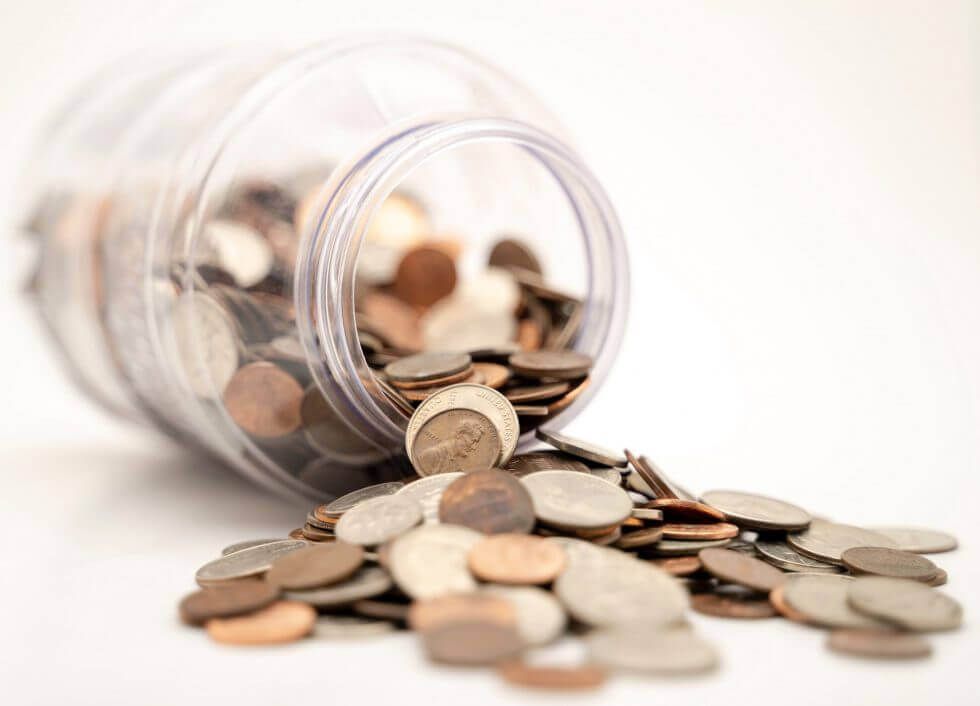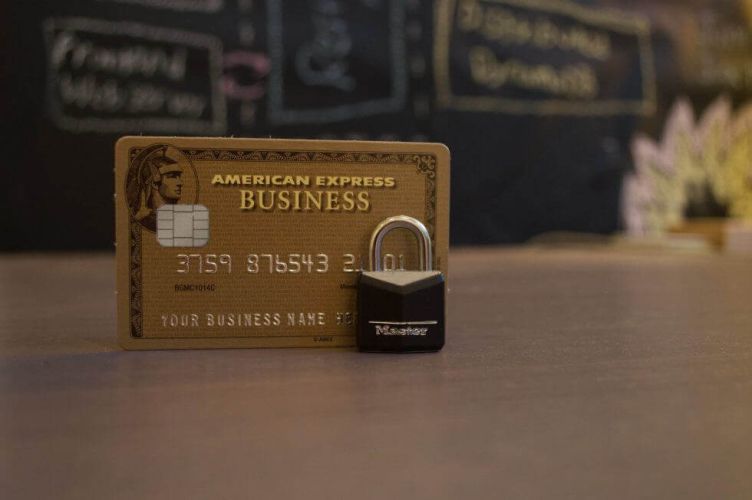You’ve probably heard of debt consolidation before. It’s a tool that can help you lower the interest you’re paying on debt and provide a path for paying it off. And, as you do, your credit can experience an upswing as your balances go down each month. This is what you call a win/win, and this is how to start. There are a few ways to consolidate debt, and it’s important to choose the one that meets your specific needs. They include:
- Consolidate your debt with a balance transfer credit card
- Consolidate your debt with a personal loan
- Consolidate your debt with a line of credit
Typically, though, debt consolidation refers to the consolidation of consumer debt such as credit cards. This can be helpful because high credit card interest rates are a big part of what makes them hard to pay off, and consolidation products with lower rates can be a game-changer for the entire process. Below are more details on the products that can help with this.
- How to Consolidate Debt With Revolving Credit
A balance transfer credit card is the main type of revolving credit used to consolidate debt. How it works is you’d apply for the balance transfer credit card of your choosing, and, if approved, use it to pay off your other debt. Then you’d repay the balance transfer credit card. The reason this can work well is because balance transfer credit cards typically come with an offer of no interest for a certain period of time. As long as you pay the card in full by the end of that time, you’ve given yourself an interest-free period of time with which to pay off your debt. If you can’t pay it off in time, you’ve still made a bigger dent on the principal than you would have if you kept your debt on the original, interest-bearing account.
- How to Consolidate Debt With a Personal Loan
Another way to consolidate debt is through a personal loan. Personal loans aren’t likely to come with introductory zero percent interest offers, but what they can come with is a fixed payoff date. This can be nice for the debt re-payer who fears falling deeper into revolving debt. How this works is you’d apply for the personal loan of your choice, and the loan would then be used to pay off your other debt. You’d then repay the loan according to the schedule laid out in your loan terms, and you’ll be debt-free by the end of that term.
- How Consolidating Debt Can Improve Your Credit
As mentioned, debt consolidation isn’t just a tool that can help you pay down high-interest debt. It can also help improve your credit while you pay down that debt, assuming that you don’t add new debt to the debt you consolidated. The most impactful way debt consolidation can help improve your credit is that it helps you pay down your debt. And that has an especially large impact on credit when the debt being paid off is credit card debt. Credit card debt is factored into something called your credit utilization ratio, and the lower that ratio, the better your credit scores can be. In the effort to improve credit, it’s easy to get caught up in things that you think might marginally help but aren’t necessarily good for your finances. The truth is, whatever is good for your finances is likely also good for your credit. And that’s why using tools like Dovly can be so beneficial. Dovly’s AI credit engine can get you a head-turning credit score with credit (re)building, monitoring, alerts, scores, tips, and tricks – all in one place. Try it risk-free with our free membership tier.



